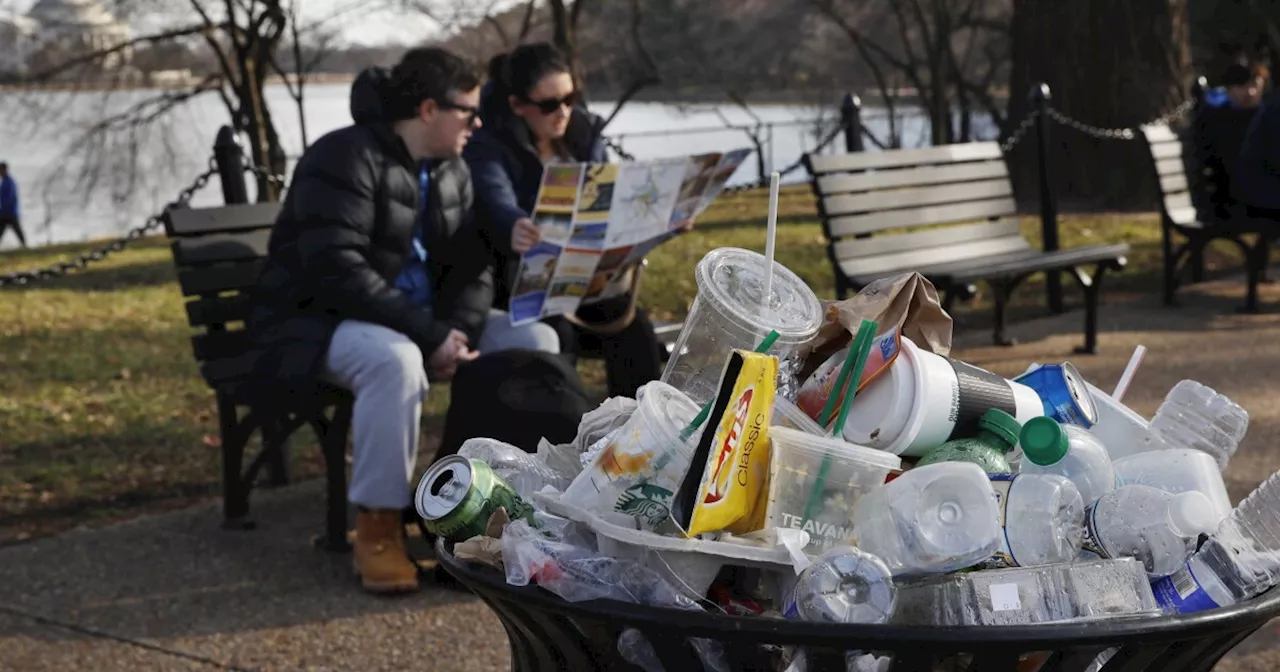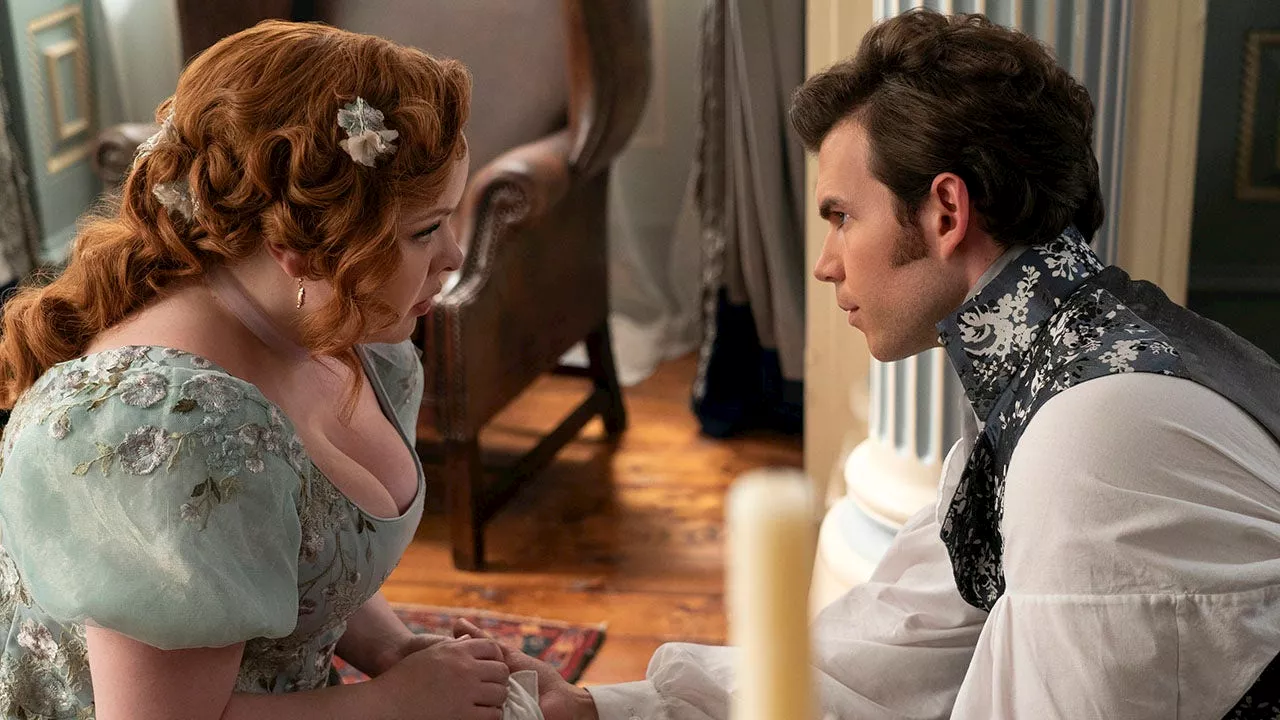Michael Copley is a correspondent on NPR's Climate Desk. He covers what corporations are and are not doing in response to climate change, and how they're being impacted by rising temperatures.
LAist is facing a budget shortfall, but our mission to provide fact-based journalism is stronger than ever. We cannot do this important work without your member support today. Whether you give for the first time or increase your monthly donation, it all goes a long way in setting us up for a sustainable future.If you're enjoying this article, you'll love our daily morning newsletter, How To LA.
But soon, the messaging started to change. In 1956, the industry learned about a new way to boost sales — and profits. At the plastics industry’s annual conference in New York, Lloyd Stouffer, the editor of an influential trade magazine, urged executives to stop emphasizing plastics’ durability. Stouffer told the companies to focus instead on making a lot of inexpensive, expendable material. Their future, he said, was in the trash can.
“It was a really difficult sell to the American public in the post-war period, to inculcate people into a throwaway living,” she says. “That is not what people were used to.”said the containers were “almost indestructible,” but that the manufacturer could still convince people to discard them after a few uses.
In 1976 — two years before big soft-drink makers introduced plastic soda bottles — a study by the U.S. Food and Drug Administration concluded that “substantial recycling of plastics is unlikely in the near future.” That echoes the agency’s“To make a gamble like that, where public agencies and public documents are saying this at the time, I think raises real questions about culpability, accountability in an era when I think a lot of people are asking for that,” Elmore says.globally.
A lot of the plastic waste around the Buffalo River is packaging sold by the food and beverage giant PepsiCo,that New York State Attorney General Letitia James filed last year against the company. New York prosecutors say plastic pollution around the Buffalo River is a public nuisance, and that Pepsi contributes to the problem by selling tons of single-use packaging.
United States Latest News, United States Headlines
Similar News:You can also read news stories similar to this one that we have collected from other news sources.
 Creating a throw-away culture: How companies ingrained plastics in modern lifePlastic has become embedded in everyday life. That’s because for the last 70 years, the plastics industry convinced consumers to embrace the material for its low cost and disposability.
Creating a throw-away culture: How companies ingrained plastics in modern lifePlastic has become embedded in everyday life. That’s because for the last 70 years, the plastics industry convinced consumers to embrace the material for its low cost and disposability.
Read more »
 Creating a throw-away culture: How companies ingrained plastics in modern lifePlastic has become embedded in everyday life. That’s because for the last 70 years, the plastics industry convinced consumers to embrace the material for its low cost and disposability.
Creating a throw-away culture: How companies ingrained plastics in modern lifePlastic has become embedded in everyday life. That’s because for the last 70 years, the plastics industry convinced consumers to embrace the material for its low cost and disposability.
Read more »
 All the pop culture songs given a classical cover for 'Bridgerton' Season 3'Bridgerton' features many instrumental versions of songs by popular artists. The first half of Season 3 has covers of songs by Taylor Swift, Billie Eilish, Nick Jonas and more.
All the pop culture songs given a classical cover for 'Bridgerton' Season 3'Bridgerton' features many instrumental versions of songs by popular artists. The first half of Season 3 has covers of songs by Taylor Swift, Billie Eilish, Nick Jonas and more.
Read more »
Pittsburgh Steelers Offense Creating Buzz Before OTAsThe Pittsburgh Steelers offense has players excited heading into the first week of OTAs.
Read more »
 Kensington teacher, student go viral for 'veggie dance' throw downClose to 20 million people around the globe have seen the video of a Kensington 2nd grader and his teacher at Deep Roots Charter School throw down in a 'veggie dance' dance off.
Kensington teacher, student go viral for 'veggie dance' throw downClose to 20 million people around the globe have seen the video of a Kensington 2nd grader and his teacher at Deep Roots Charter School throw down in a 'veggie dance' dance off.
Read more »
Mets Ace Kodai Senga Dealing With Triceps TightnessSenga was unable to throw his scheduled bullpen session on Sunday.
Read more »
